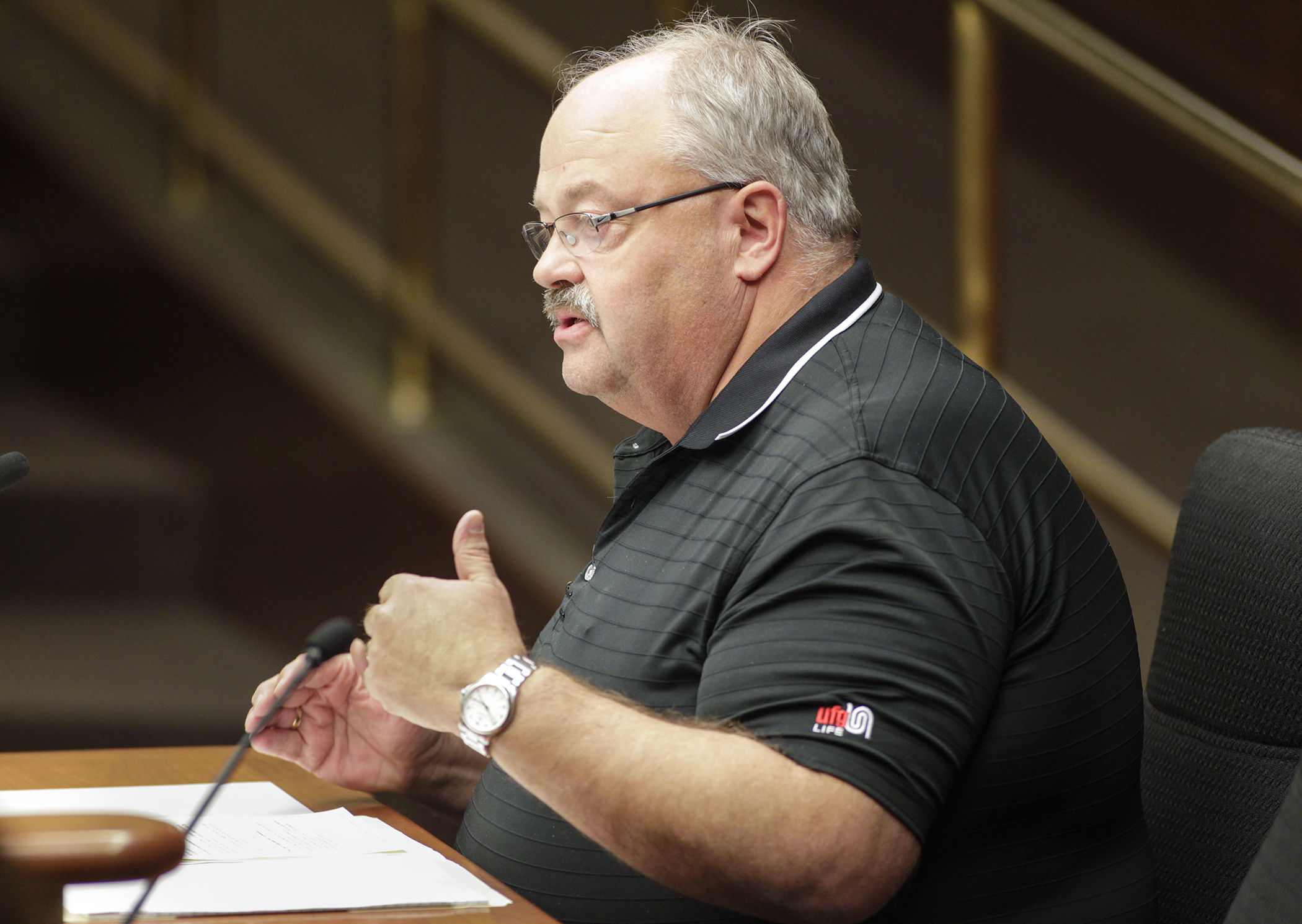Commerce committee approves reduced MNsure tax

Republican lawmakers approved a bill Tuesday that would make a significant impact on MNsure’s operations, including reducing the tax on individual and small group health plans sold through the marketplace.
Sponsored by Rep. Greg Davids (R-Preston), HF3543 would reduce the amount MNsure could collect from 3.5 percent to 2 percent, beginning in January 2019. The bill would also:
- amend requirements for health plan certifications;
- require the Commerce Department to submit waivers to the federal government to allow individuals receiving tax credits to shop for health plans outside the marketplace; and
- require health carriers to take the premium withhold percentage (MNsure tax) into account when setting health and dental plans for 2019.
The House Commerce and Regulatory Reform Committee approved the bill on a 13-5 party-line vote, sending it to the House Health and Human Services Finance Committee. It has no Senate companion.
“When health care premiums skyrocketed, MNsure also profited off families’ pain,” Davids said. “This bill will not only lower health care costs for Minnesota families, but will also refocus MNsure’s priorities on consumers.”
Davids said reducing the MNsure tax would save Minnesotans $30 million.
DFLers unsuccessfully pushed to amend the bill by shifting to a MinnesotaCare buy-in and requesting a federal waiver, along with again adding the MinnesotaCare provider tax, which is scheduled to sunset. Rep. Jon Applebaum (DFL-Minnetonka) was the lone minority caucus member to vote against the amendment during the roll-call vote.
“The fact that we’re seeing high costs in the individual market is not necessarily a surprise, but the way that we deal with it needs to address the issue of accessibility and affordability for people,” Rep. Laurie Halverson (DFL-Eagan) said in offering the change. “Minnesota has always had a value – a bipartisan value, since the creation of MinnesotaCare – that we were going to cover more Minnesotans. By doing so, we actually have better cost controls and we have better insurance coverage in the state of Minnesota than just about anywhere else.”
Calling the MinnesotaCare buy-in “just cutting the leaf off the weed,” Rep. Bob Loonan (R-Shakopee) said, “I think we go for the home run and actually address the root problem, which is the actual cost – not the cost to the patient – the cost charged.”
Related Articles
Search Session Daily
Advanced Search OptionsPriority Dailies
Legislative leaders set 2026 committee deadlines
By Lisa Kaczke Legislative leaders on Tuesday officially set the timeline for getting bills through the committee process during the upcoming 2026 session.
Here are the three deadlines for...
Legislative leaders on Tuesday officially set the timeline for getting bills through the committee process during the upcoming 2026 session.
Here are the three deadlines for...
Latest budget forecast projects nearly $2.5 billion surplus, but red ink down the road
By Mike Cook Three weeks before Christmas, state budget officials provided some merriment to Minnesotans. However, Grinch-like transformations lurk.
Released Thursday, the November ...
Three weeks before Christmas, state budget officials provided some merriment to Minnesotans. However, Grinch-like transformations lurk.
Released Thursday, the November ...